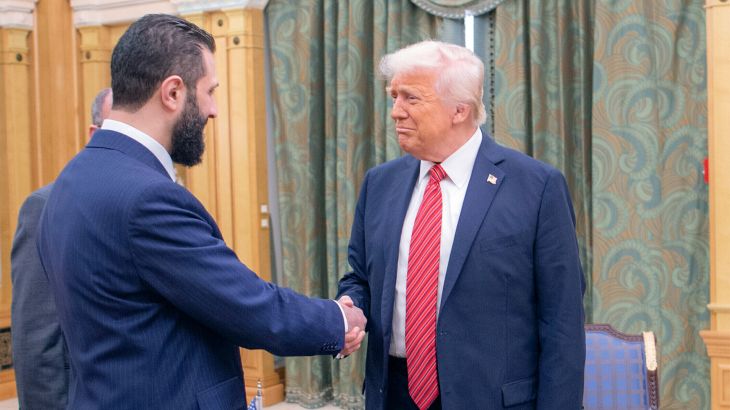US Policy Adjustments in the Middle East

The United States has recently made key changes to its foreign policy approach toward Syria, Yemen, and Iran, signaling a shift in diplomatic priorities. However, despite these adjustments, the US has maintained its stance on Israel, continuing its unwavering support.
In Syria, the US has eased sanctions and initiated direct discussions with Syrian leadership, marking a departure from previous restrictive measures. This move reflects a broader effort to re-engage with the nation amid shifting geopolitical dynamics.
Regarding Yemen, efforts toward peace have intensified, with the US playing a key role in brokering a truce involving key factions. While this development aims to stabilize the war-torn region, Israel remains excluded from these negotiations.
On Iran, the US has endorsed direct diplomatic talks, signaling a departure from previous hardline approaches. This shift has sparked discussions on potential outcomes, including the easing of tensions over nuclear agreements and economic relations.
Despite these regional policy changes, the US has not altered its position on Israel, maintaining its commitment to security cooperation and diplomatic alignment. Israel continues to receive support in areas such as military aid, intelligence collaboration, and strategic partnerships, reinforcing its status as a key US ally.
These adjustments reflect a new diplomatic approach that balances engagement with regional actors while preserving existing alliances. As discussions continue, international observers closely monitor how these policies will shape future relations in the Middle East.